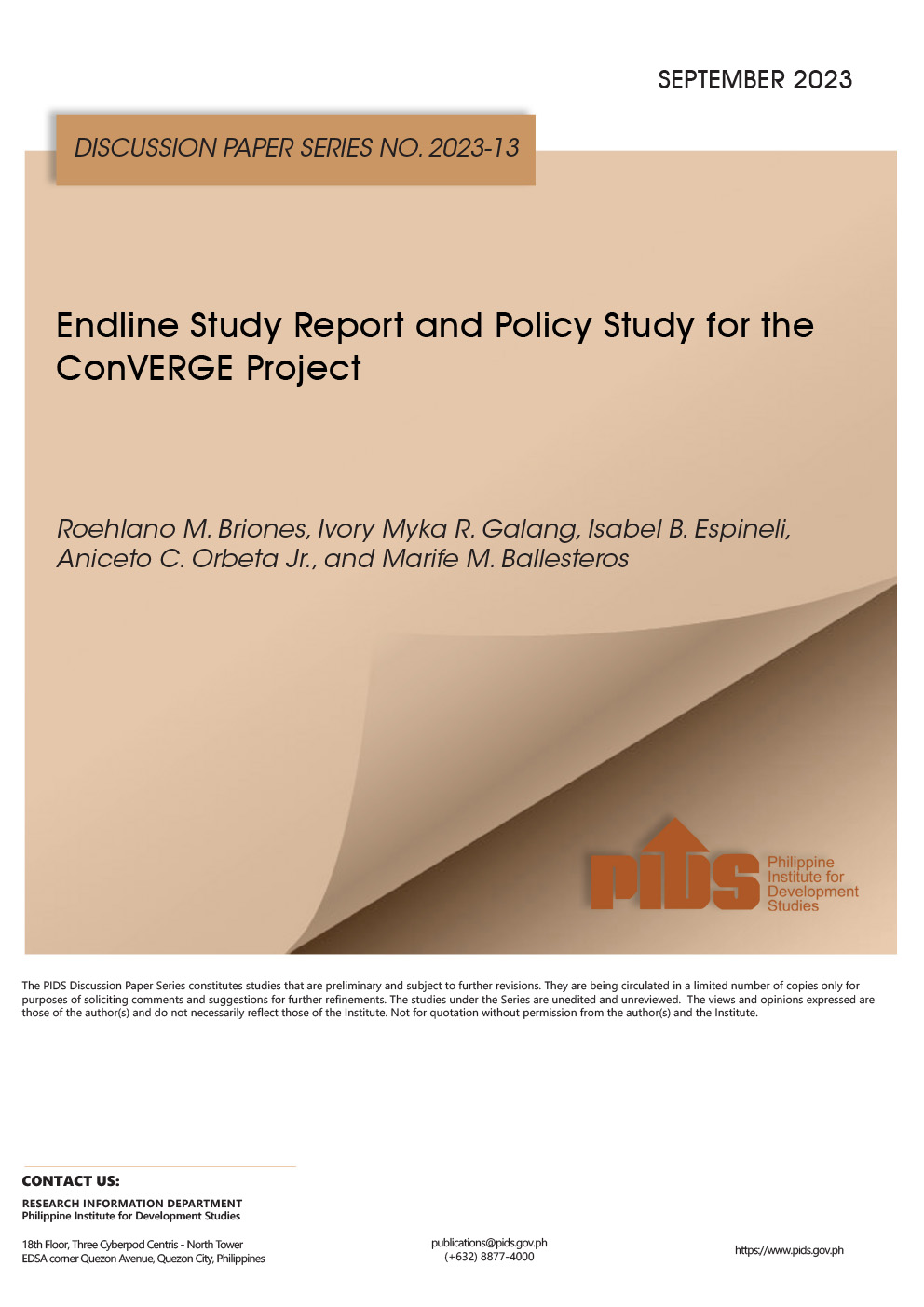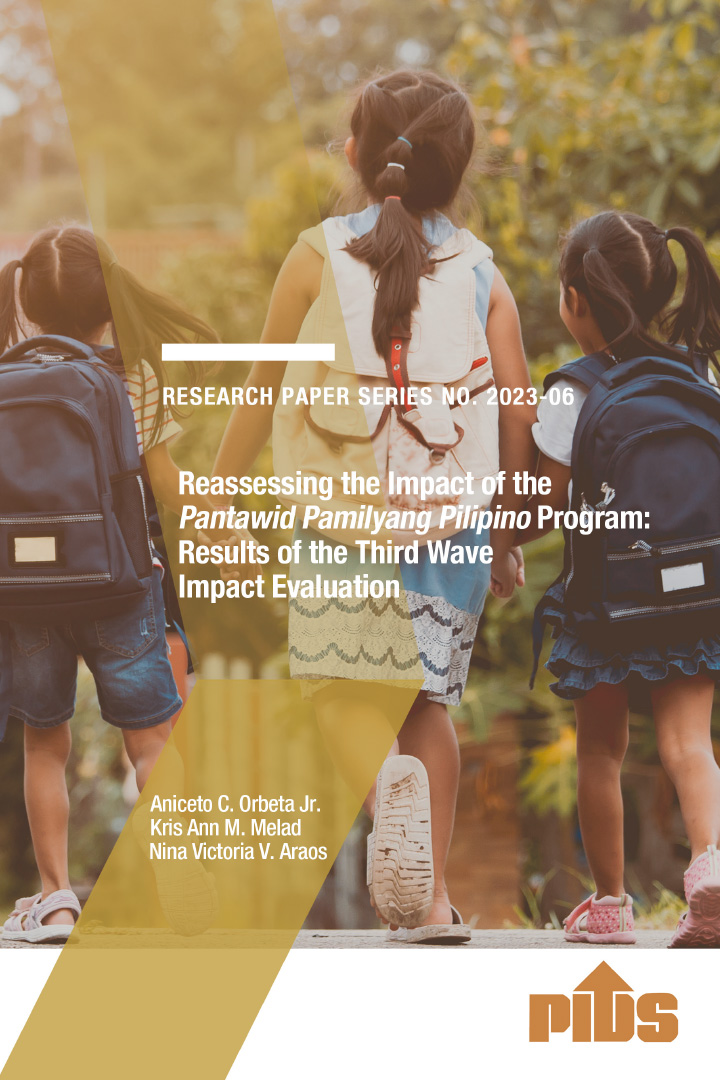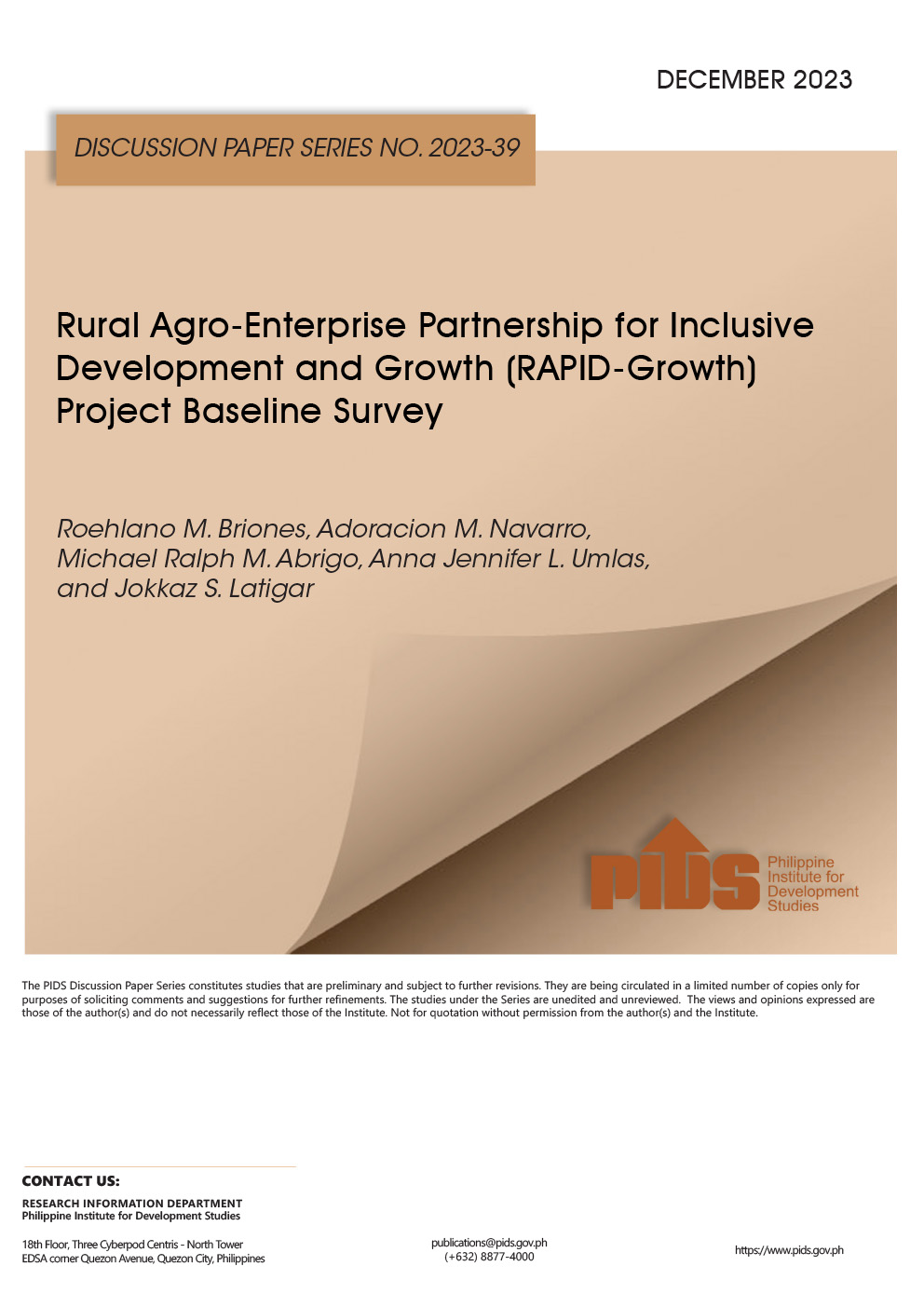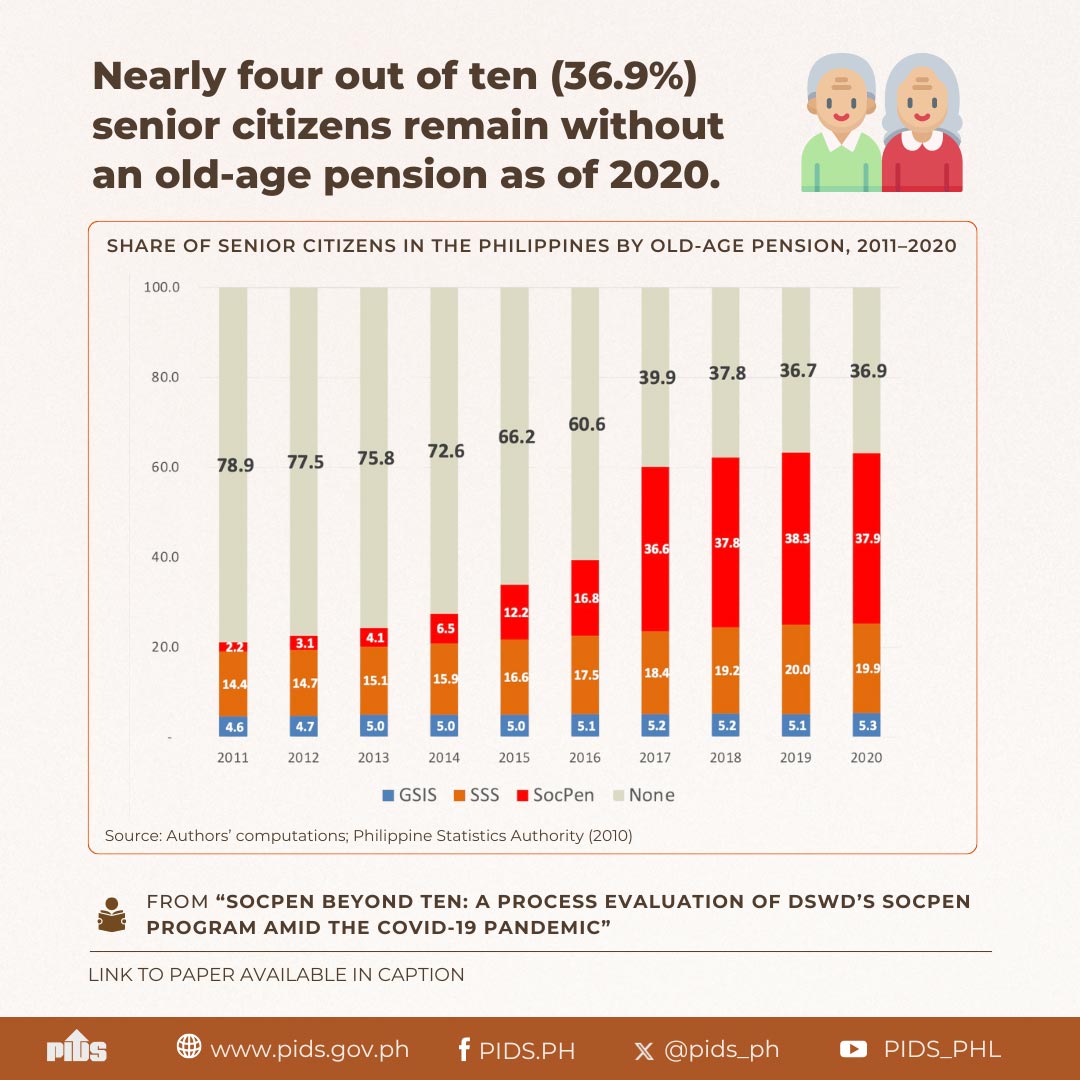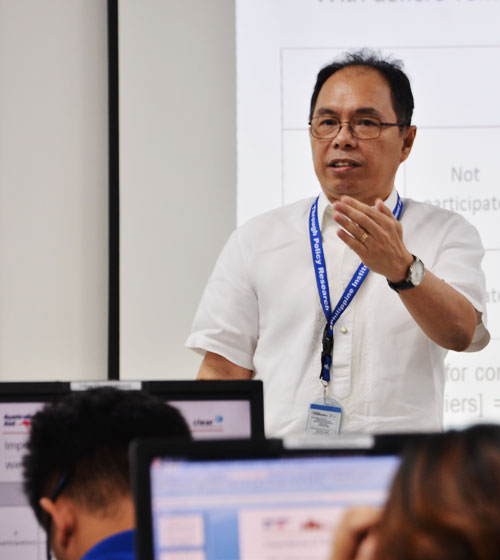
State think tank Philippine Institute for Development Studies, in partnership with the International Initiative for Impact Evaluation (3ie), is conducting a technical course on impact evaluation (IE) on January 4-15, 2016, at the PIDS office in Eton Centris, Quezon City.
IE is a special type of research that allows policymakers and program implementers to ascertain whether a particular program is achieving its objectives and whether the results are attributable to the intervention.
Around 30 participants from selected regional state universities and colleges (SUCs) and other government agencies are attending the course. Aside from covering the concepts of IE, the course teaches participants commonly used econometric and statistical methods to evaluate the impacts of social and other programs in developing countries. These include both randomized and nonrandomized IE methods.
At the end of the course, participants will be able to understand what impact evaluation is and the different techniques used for impact evaluations.
In her statement at the opening of the two-week course, PIDS Vice President and Senior Research Fellow Marife Ballesteros said that aside from learning how to design and conduct IE, participants will also be able to acquire better appreciation on the role of evaluation in program and policy development. She likewise emphasized that this course will enhance participants’ critical thinking, particularly in asking how and why certain programs need to be undertaken.
Delivery of the course consists of lectures, class exercises, and group work. Most exercises involve case studies using data from actual programs that are discussed in the lectures. Participants are also asked to determine options for evaluations for their own programs.
The Philippine government, in its efforts to promote greater transparency and accountability, has started doing IE in 2014 through a project of PIDS. Spearheaded by the National Economic and Development Authority (NEDA) and the Department of Budget and Management (DBM), the project involves the conduct of IE studies on key government programs and projects and capacity-building programs for various government agencies and selected SUCs.
So far, more than 300 staff from NEDA, DBM, and other agencies have been trained on conducting IE. ###
IE is a special type of research that allows policymakers and program implementers to ascertain whether a particular program is achieving its objectives and whether the results are attributable to the intervention.
Around 30 participants from selected regional state universities and colleges (SUCs) and other government agencies are attending the course. Aside from covering the concepts of IE, the course teaches participants commonly used econometric and statistical methods to evaluate the impacts of social and other programs in developing countries. These include both randomized and nonrandomized IE methods.
At the end of the course, participants will be able to understand what impact evaluation is and the different techniques used for impact evaluations.
In her statement at the opening of the two-week course, PIDS Vice President and Senior Research Fellow Marife Ballesteros said that aside from learning how to design and conduct IE, participants will also be able to acquire better appreciation on the role of evaluation in program and policy development. She likewise emphasized that this course will enhance participants’ critical thinking, particularly in asking how and why certain programs need to be undertaken.
Delivery of the course consists of lectures, class exercises, and group work. Most exercises involve case studies using data from actual programs that are discussed in the lectures. Participants are also asked to determine options for evaluations for their own programs.
The Philippine government, in its efforts to promote greater transparency and accountability, has started doing IE in 2014 through a project of PIDS. Spearheaded by the National Economic and Development Authority (NEDA) and the Department of Budget and Management (DBM), the project involves the conduct of IE studies on key government programs and projects and capacity-building programs for various government agencies and selected SUCs.
So far, more than 300 staff from NEDA, DBM, and other agencies have been trained on conducting IE. ###

